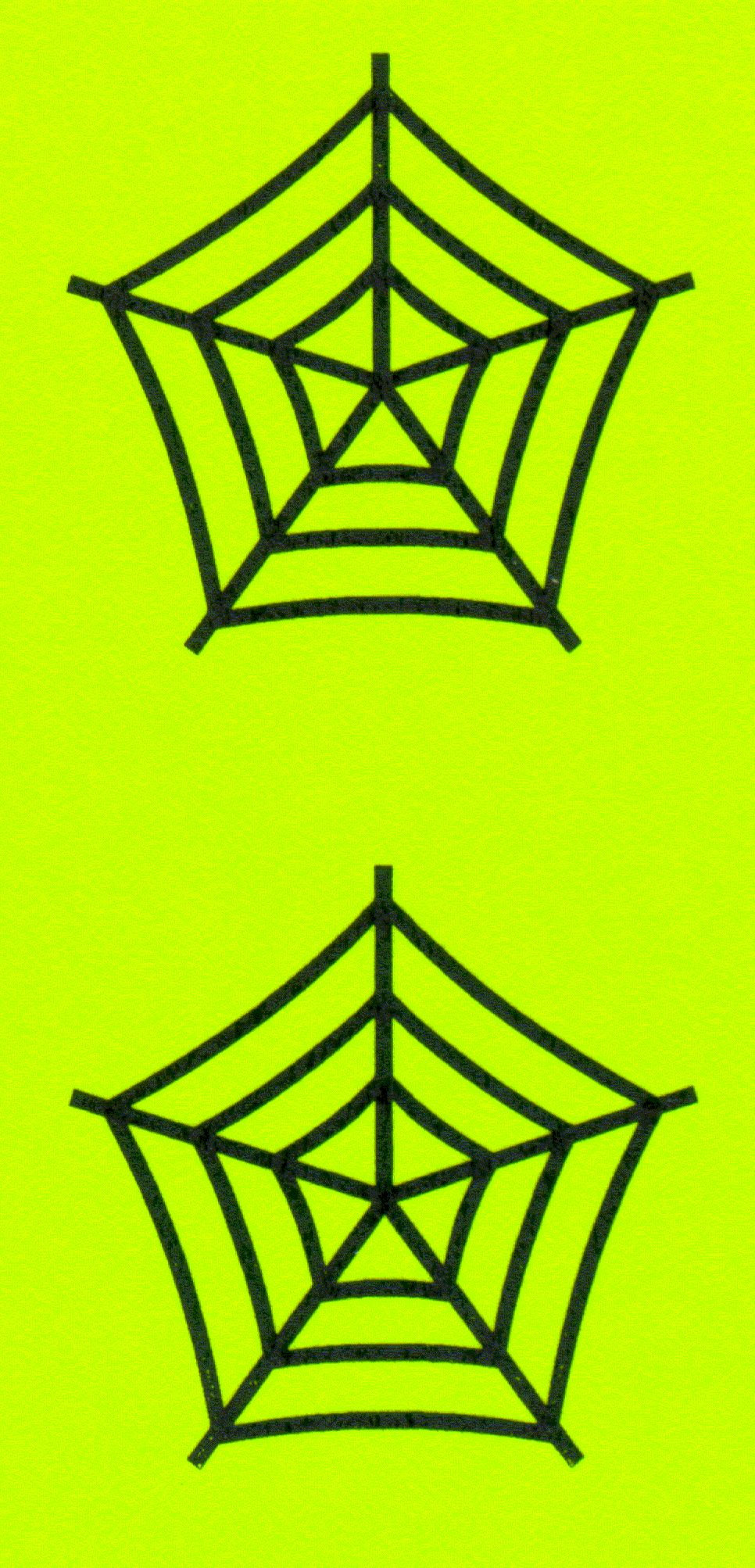

The EV-WEB
- - Eclectic
Verity
- - -
Eccentric
Variety - -
- - Esoteric
Validity - -


 There have been three major visual SF series which have
influenced almost all film / television / comicstrip SF which has followed.
They are : the *Flash Gordon* comicstrip, which gave visual SF all the
Furry
Aliens and space fantasy settings in such film series as *Star Wars*; the *Alien*
film series, which gave visual SF the now-ubiquitous insectine alien horror after
melding the literary SF sub-genre of cyberpunk with the more visual horror tradition in SF
film; and Classic *Star Trek*, which gave visual
SF the sleek benevolent space federation image now all-but-taken-for-granted.
There have been three major visual SF series which have
influenced almost all film / television / comicstrip SF which has followed.
They are : the *Flash Gordon* comicstrip, which gave visual SF all the
Furry
Aliens and space fantasy settings in such film series as *Star Wars*; the *Alien*
film series, which gave visual SF the now-ubiquitous insectine alien horror after
melding the literary SF sub-genre of cyberpunk with the more visual horror tradition in SF
film; and Classic *Star Trek*, which gave visual
SF the sleek benevolent space federation image now all-but-taken-for-granted.
For information on Classic *Star Trek*,
take a look at
The Classic Star Trek
exhibition.
Unfortunately, in the transformation from landmark SF series
into corporate franchise, *Star Trek* has lost its
way. Nouveau Trek has wandered away from Classic Trek's emphasis on reason over
emotionalism, emphasis on respect for one's enemies, emphasis on questioning
contemporary values (hard as it is to recognize today, James T. Kirk was a challenge
to the Cold War no-mercy-for-the-enemy values of the time when Classic Trek originally aired - it
is a hopeful sign of the times that a character who was considered too much a 'peacenik'
in the 1960s is today considered too violent - poor Captain Kirk just can not win in the eyes of the
common person!). An effort has grown to save Star Trek the innovative series
concept from Star Trek the market-driven franchise:
The Save Star Trek campaign.
The true heir apparent to Classic *Star Trek*'s
throne is the five-year series (its five-year mission) *Babylon 5*.
The two series are quite different in style, direction, and metaphysical underpinning,
but the one thing they share is that both are quality works which respect the audience rather than
condescending to them and which share an interest in believable alien cultures rather than alien cultures
which function as nothing more than plot devices or oddities. For information on *Babylon 5*,
I highly recommend
The Lurker's Guide to Babylon 5.
Unfortunately, *Babylon 5*'s final season is rather lackluster for a *Babylon 5* season,
so it helps to have a little humor to leaven the disappointment of the current season, and that
humor can be found at
cScott's Babylon 5 Episode
Parodies.
Another series inspired by Classic *Star Trek* is
*Blake's 7*, though the inspiration apparently consisted of little more than creator Terry Nation's
noting the difference between Classic *Star Trek*'s clean starspanning empire
and the corruption found in such empires in real life. More information on this brilliant
British SF television series can be found at
Blake's 7 and
Judith Proctor's Blake's 7.
An SF series of a different sort is Patrick McGoohan's *The Prisoner*.
This series harkens back to the SF sub-genre Paranoia SF, which preceded the cyberpunk sub-genre by more
than a decade, combining it with the popular secret agent adventure genre. For more
information on this intense and eccentricly-brilliant series, try
The Prisoner website.
A charming SF television series was Gerry Anderson's *Space Precinct*.
Ostensibly aimed at families with teenagers and younger, this series benefitted from creative set
design and creatively-ironic costuming not unlike the wry humor of *Alien-Nation*. The storylines
were intelligent and did not condescend to their audience, and the series avoided the sexism which
appears far too frequently in family-oriented SF. Unfortunately, *Space Precinct* failed
to find its niche. For a nostalgic look at the series, try
Gerry Anderson's Space Precinct.
Click  to return to The Ev-Web index.
to return to The Ev-Web index.
 for comments, considerations,
for comments, considerations,
commendations and confusions,
or to just  me.
me.
visitors have spun their way to my web.